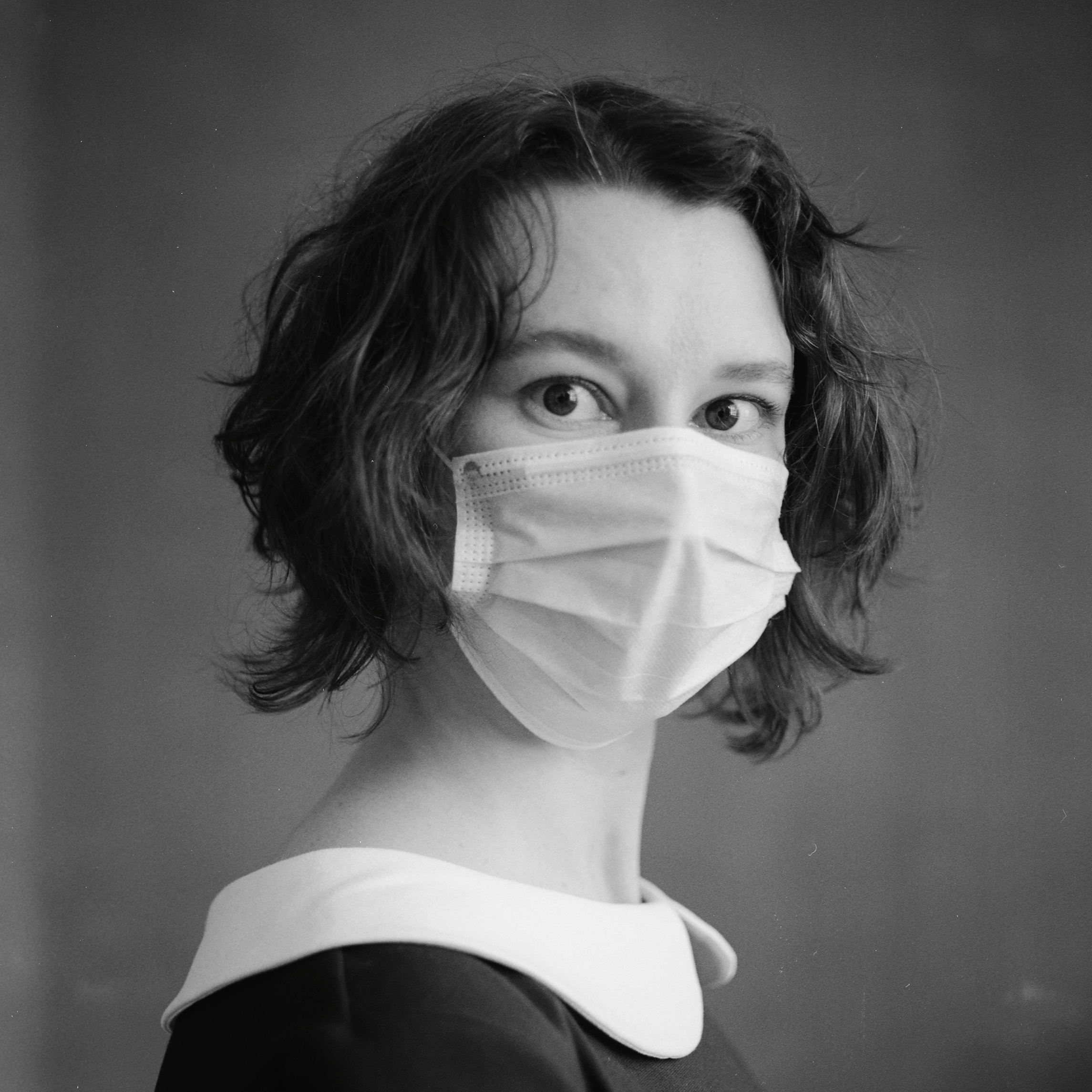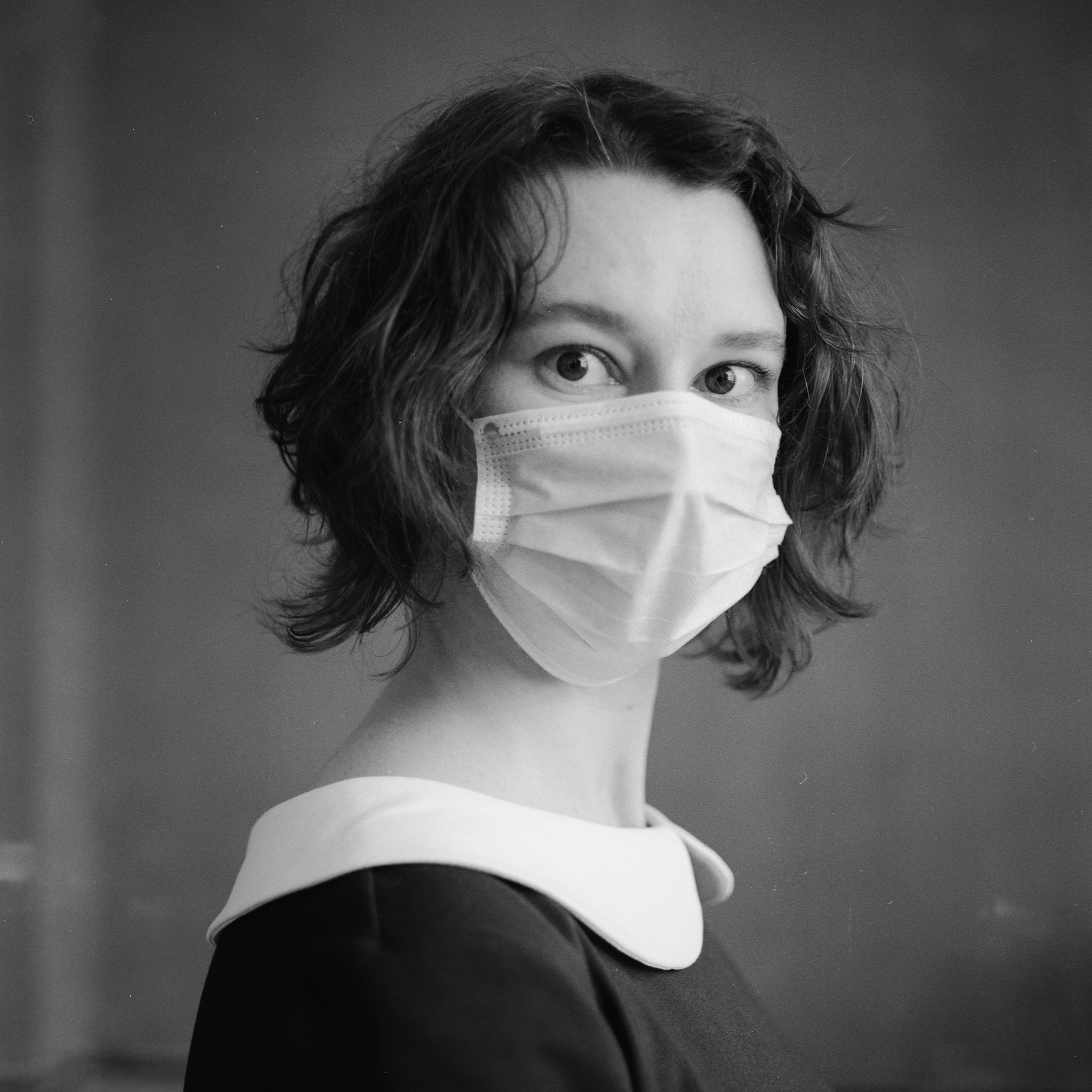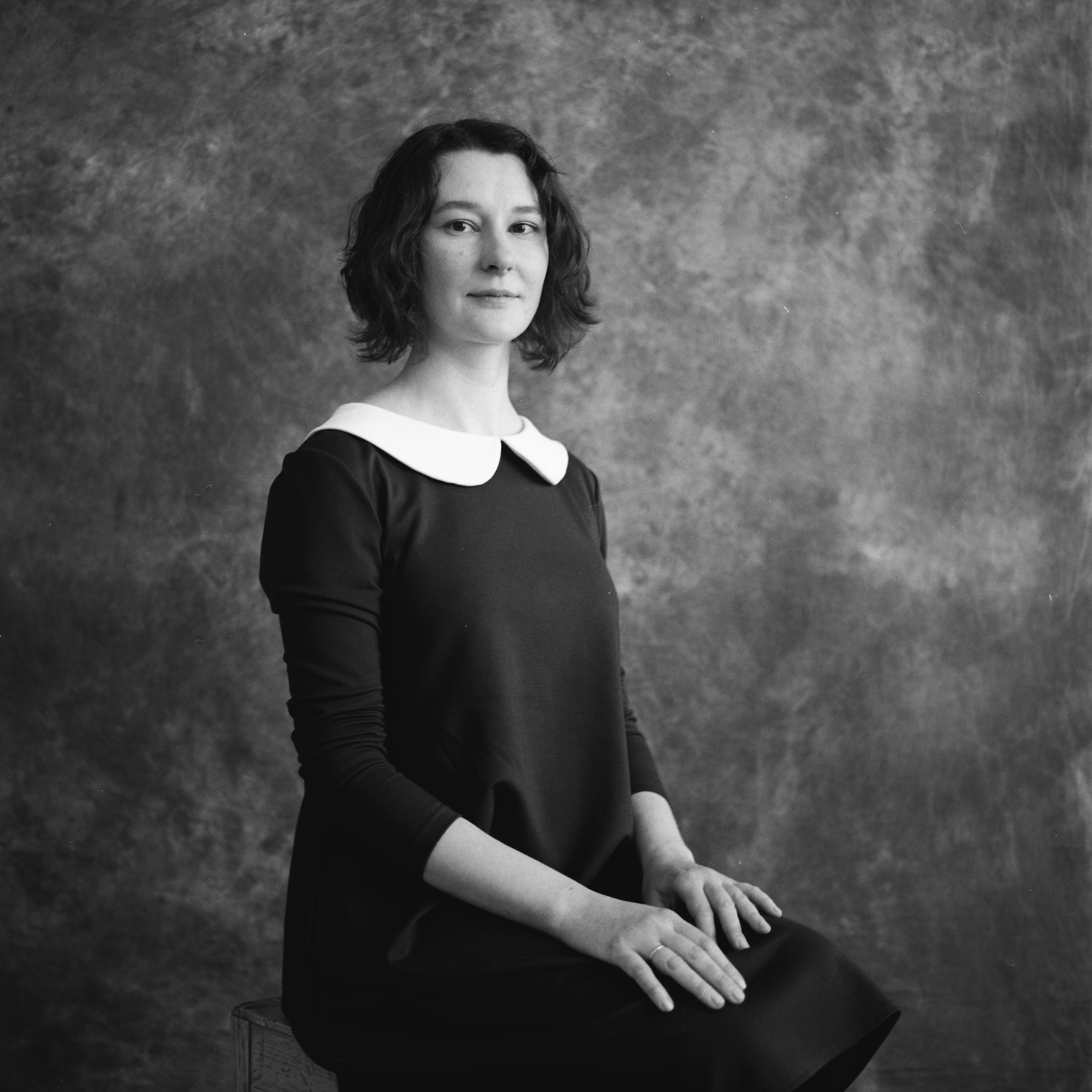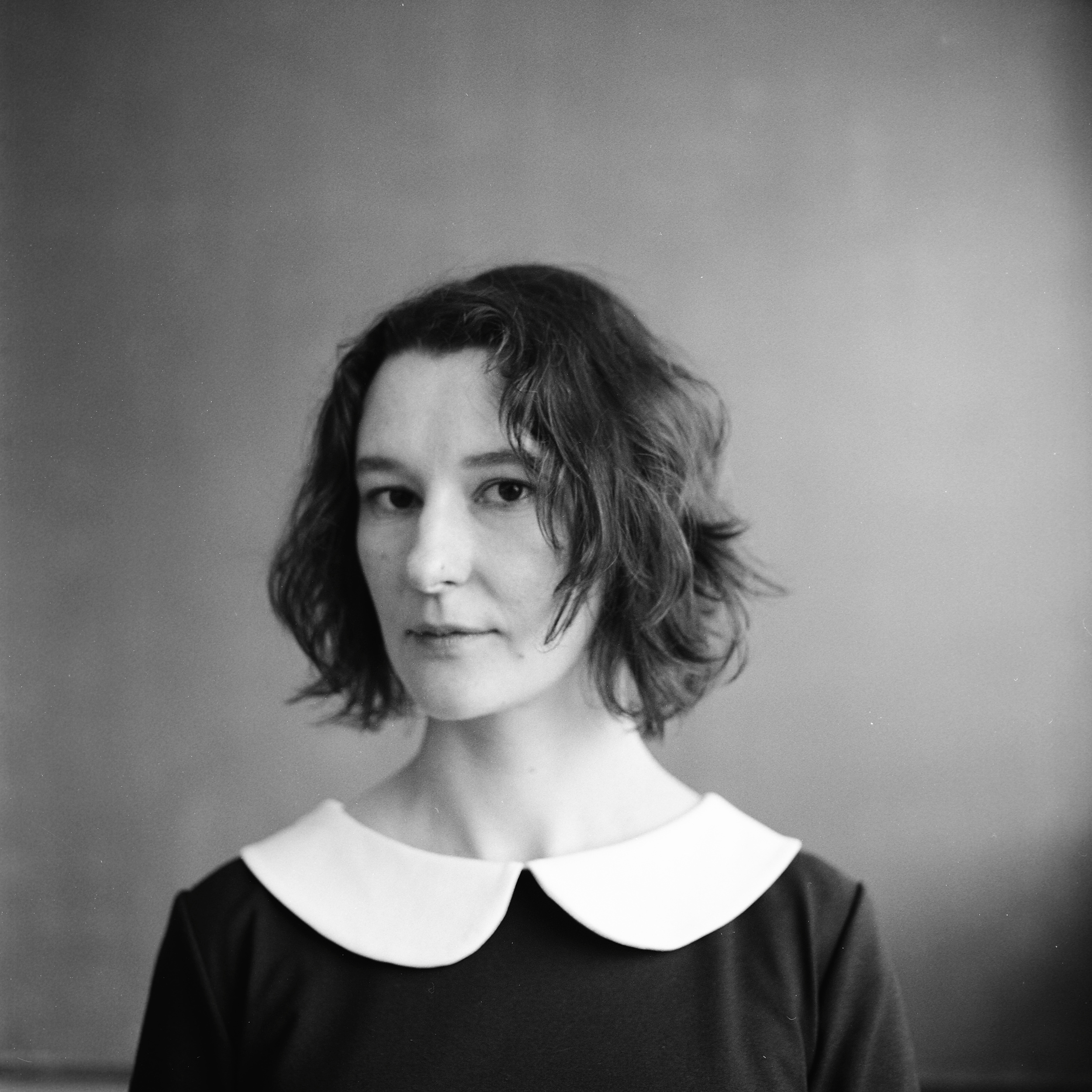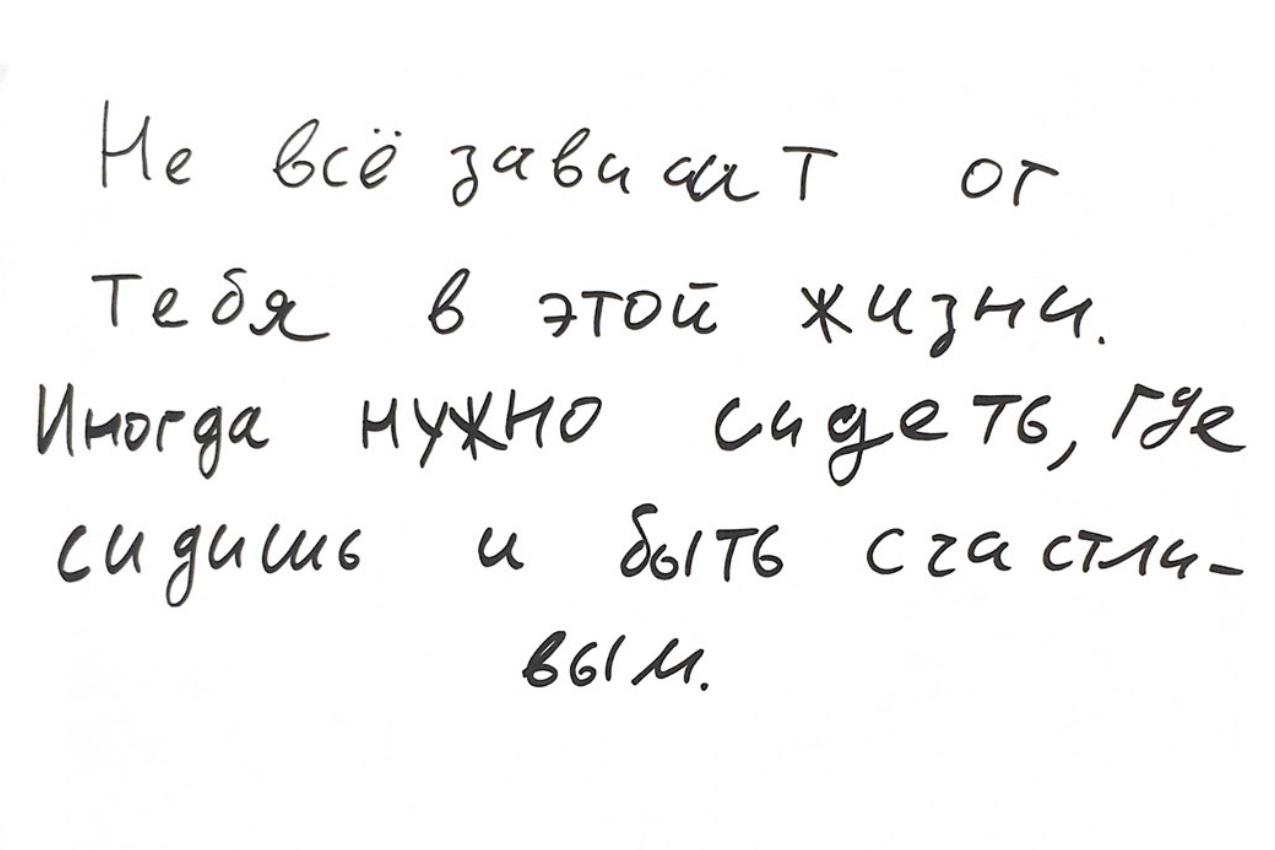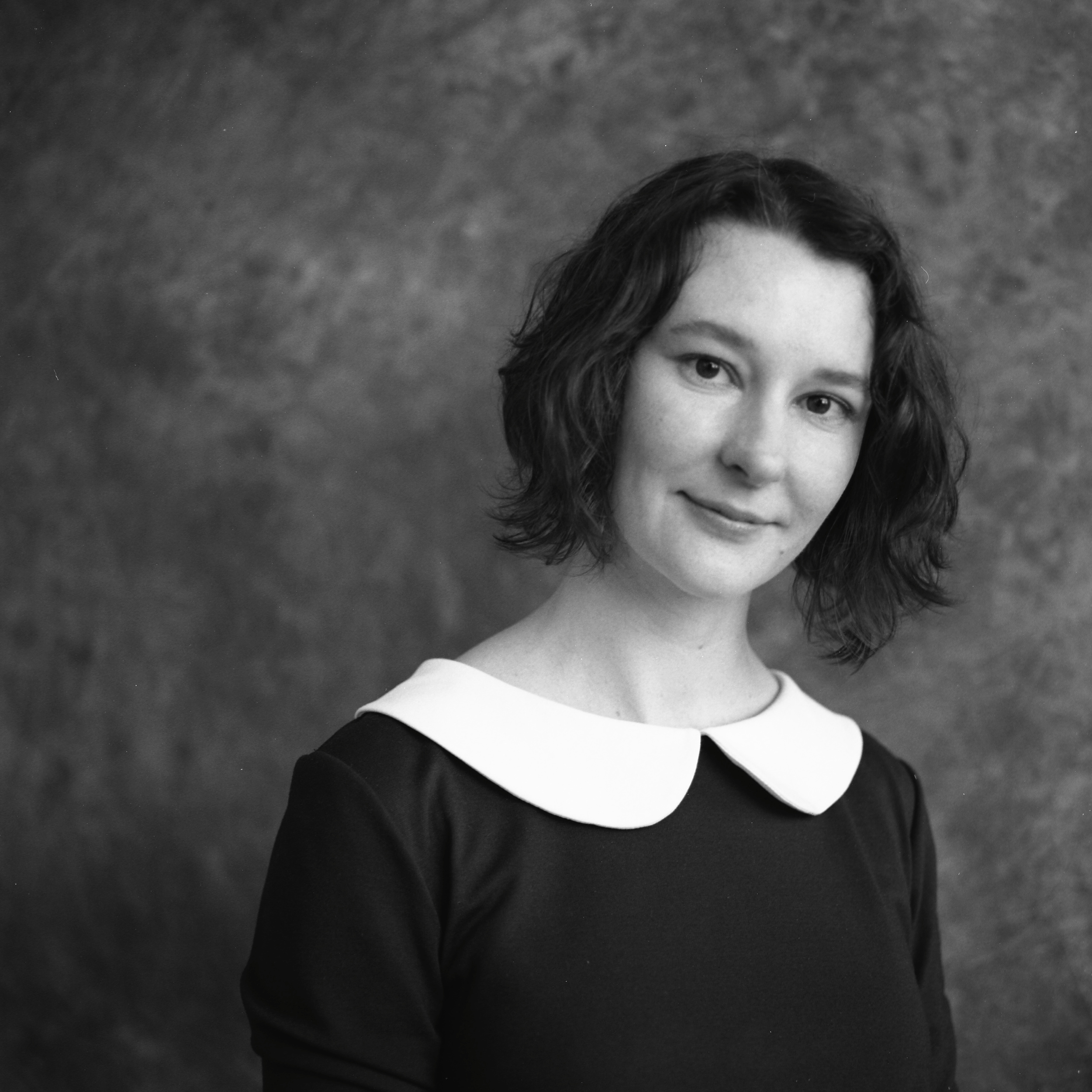Марина, 37, scientist, geneticist
interviewed on 30 May 2020
The pandemic found me in one of its epicenters, in Italy, and lockdowns started for me there as well. I came to Italy to work in January. I was in the center of the country: when the epidemic was already raging in the north, everything went on as usual where I lived. We lived our normal lives; even the news said: “It’s only in the north. Don’t worry, we’ve only closed several cities, there is no risk to any others”. I was working in a university, and any university is a place where infections spread very easily because there are lots of people and lots of contacts. When I came there one Monday, I found out that the first cases of the virus in our city are in our department! Two cases: a professor and a student. We were immediately closed for quarantine and sent home.
Lectures were moved online, but access to the labs was still possible, so I was hoping that I would be able to continue working. I even went on a tour to the countryside—a whole day outside. The people in the tour group were hugging and kissing when they met, as they do in Italy, and I was standing and thinking, “Oh god, just as long as they don’t start doing it with me.” One of the tour guides asked: “Are you afraid of the coronavirus?” and immediately declared: “We’re not!” In the center of Italy, everyone was sure that it would not affect us.
On March 8, I went on the tour, and on March 10, a very strict lockdown was declared throughout the country. You could not leave the house without one of a few specific reasons; you should carry a paper with you stating where you live, where you’re going, and why. The news added to the pressure: not enough beds in hospitals, not enough medical ventilators, people were dying in their homes. It was so scary that I couldn’t even think of continuing my work; I became afraid of going outside. I became afraid of getting any serious illness because the hospitals were collapsing, and almost nobody spoke English in the city where I was. I decided that my goal is just to get through this time with minimal consequences for myself. My adviser, a professor, understood and supported me.
On March 8, I went on the tour; on April 7, I left Italy; in between, I only left home twice to buy groceries. Even going to the shops was stressful: I got dressed and covered myself from head to toe. When I got back, I put all my clothes in the washing machine and washed the packaging of all the food I bought. It was exhausting both physically and mentally. It was also difficult to accept that all my work plans were shattered.
I found things to do for myself: reading, writing, talking to colleagues all over the world. They were very supportive, and their support helped me. I tried to follow a strict routine: cooked, did yoga, exercises. The apartment where I lived, in the center of a medieval city, had a small balcony—I went there, there was a beautiful view. Italy, the spring, sun, warmth—I really wanted to go out, to go to Rome; I was worried that I missed the chance to do it. All of these thoughts made me upset. For some time, they still promised that the university would reopen soon, but the number of cases was increasing, and I understood that it likely wouldn’t happen. I decided to leave: my hope for resuming my work was dwindling; my research was planned for a particular time frame, and I would not have time to complete it.
Just before leaving, I went back to the university for my things. The way there brought up so many emotions and memories: how I took walks there and watched spring just coming into being, completely different from spring in Estonia. I was thinking about how I was supposed to be working there and how it turned out to be. I was so happy when I won the grant: it was supposed to be a very valuable professional and cultural experience. Instead, it turned out that I found myself in the very center of the epidemic in Europe.
“Tell me your story”
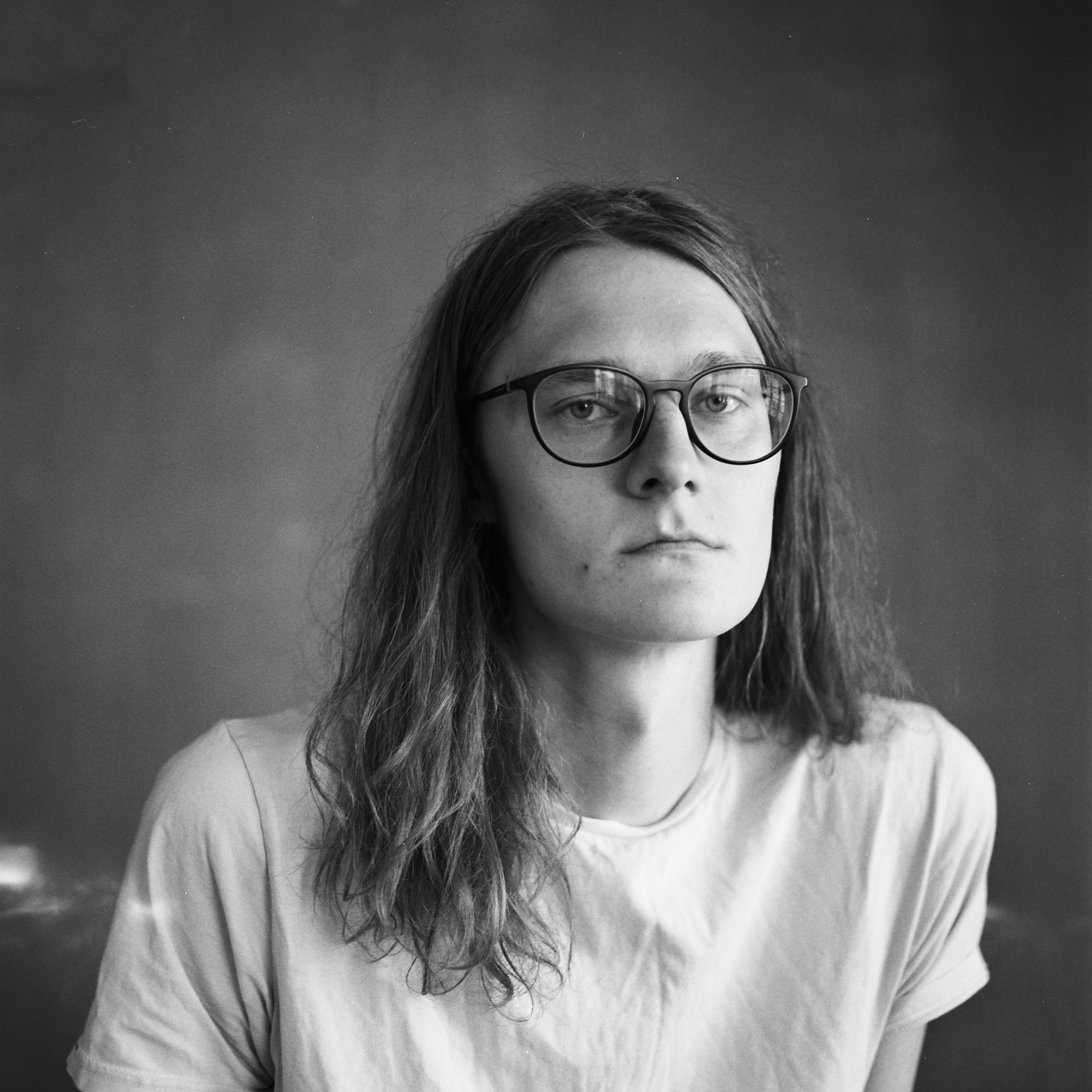
Raimi
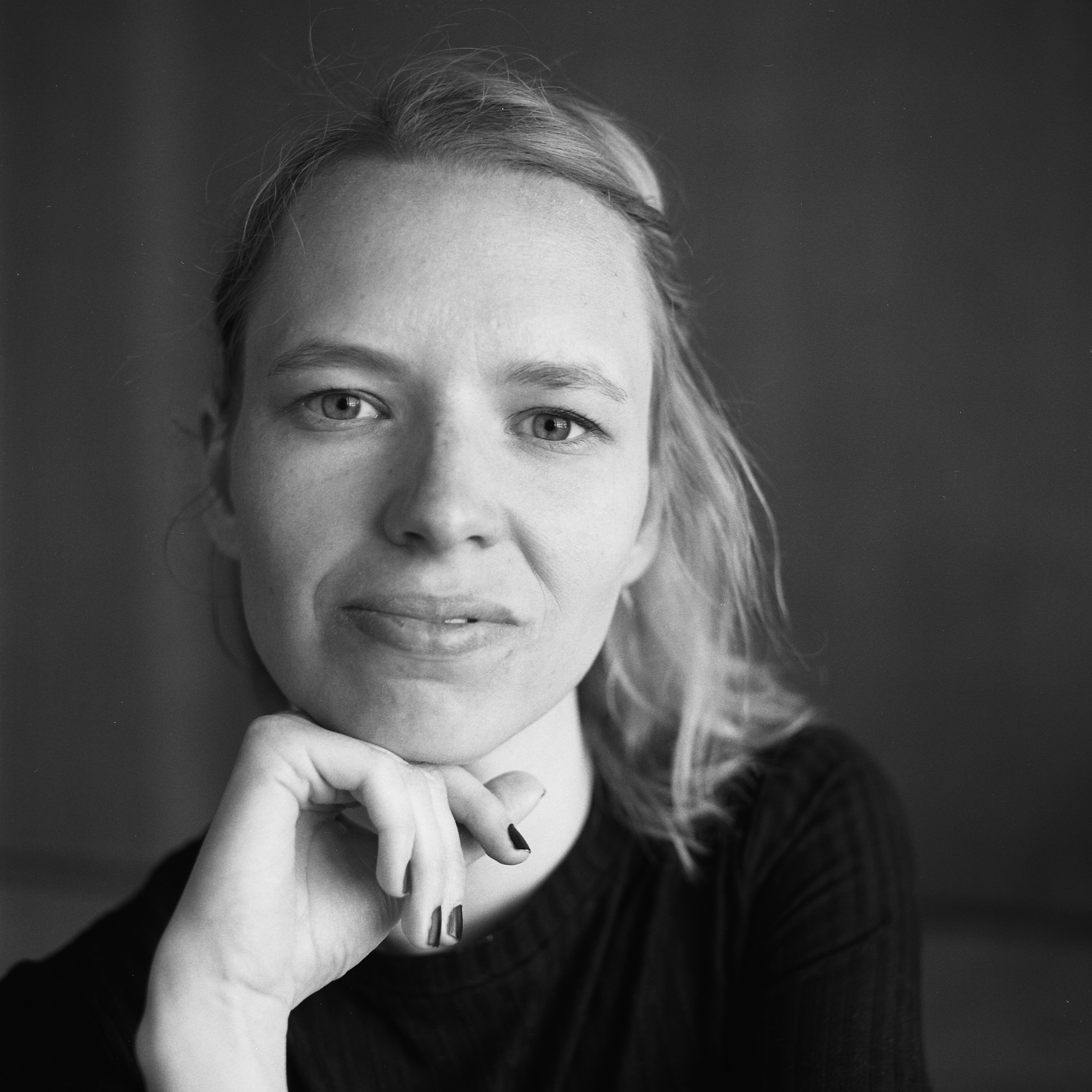
Anett
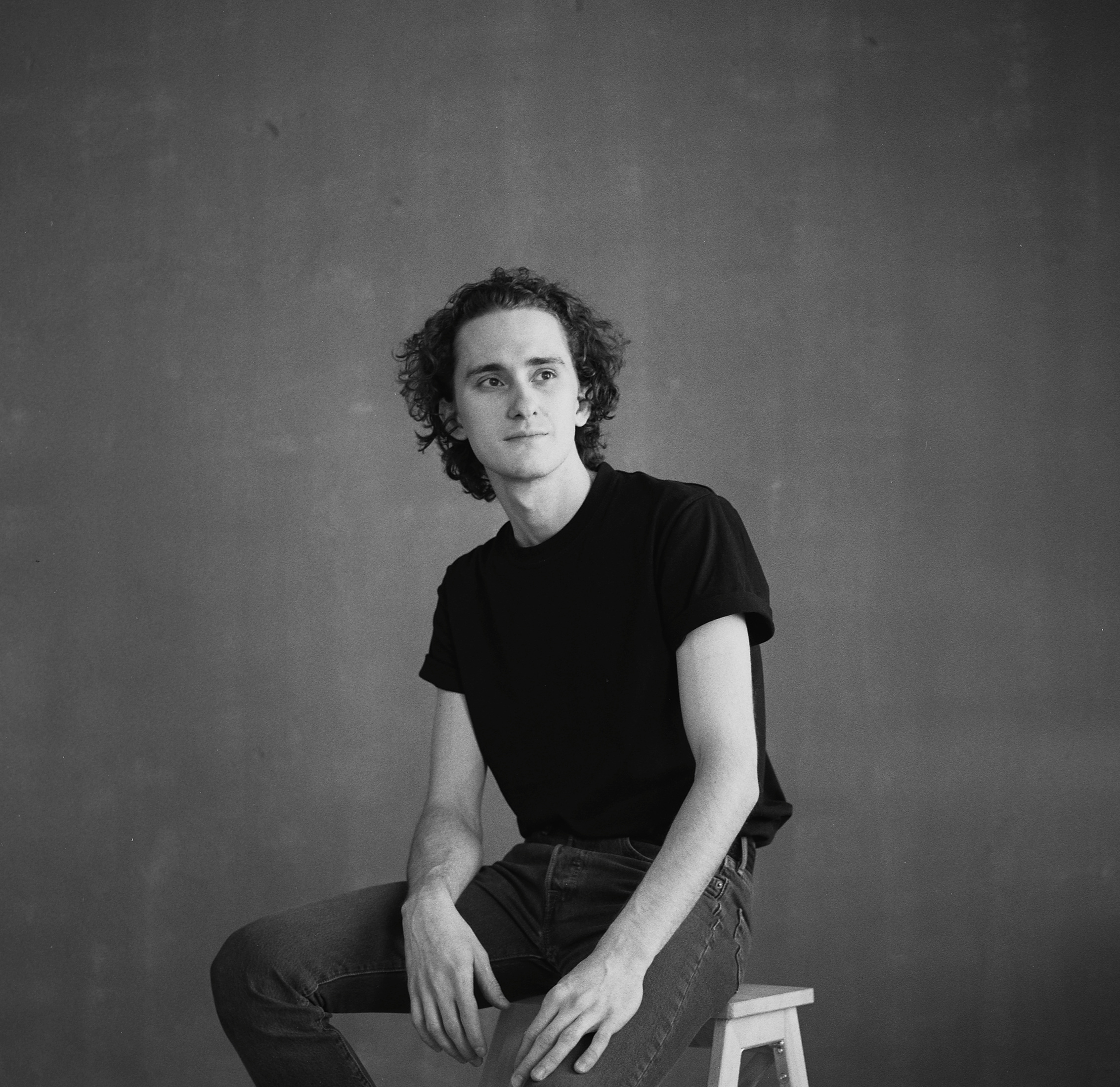
Рональд
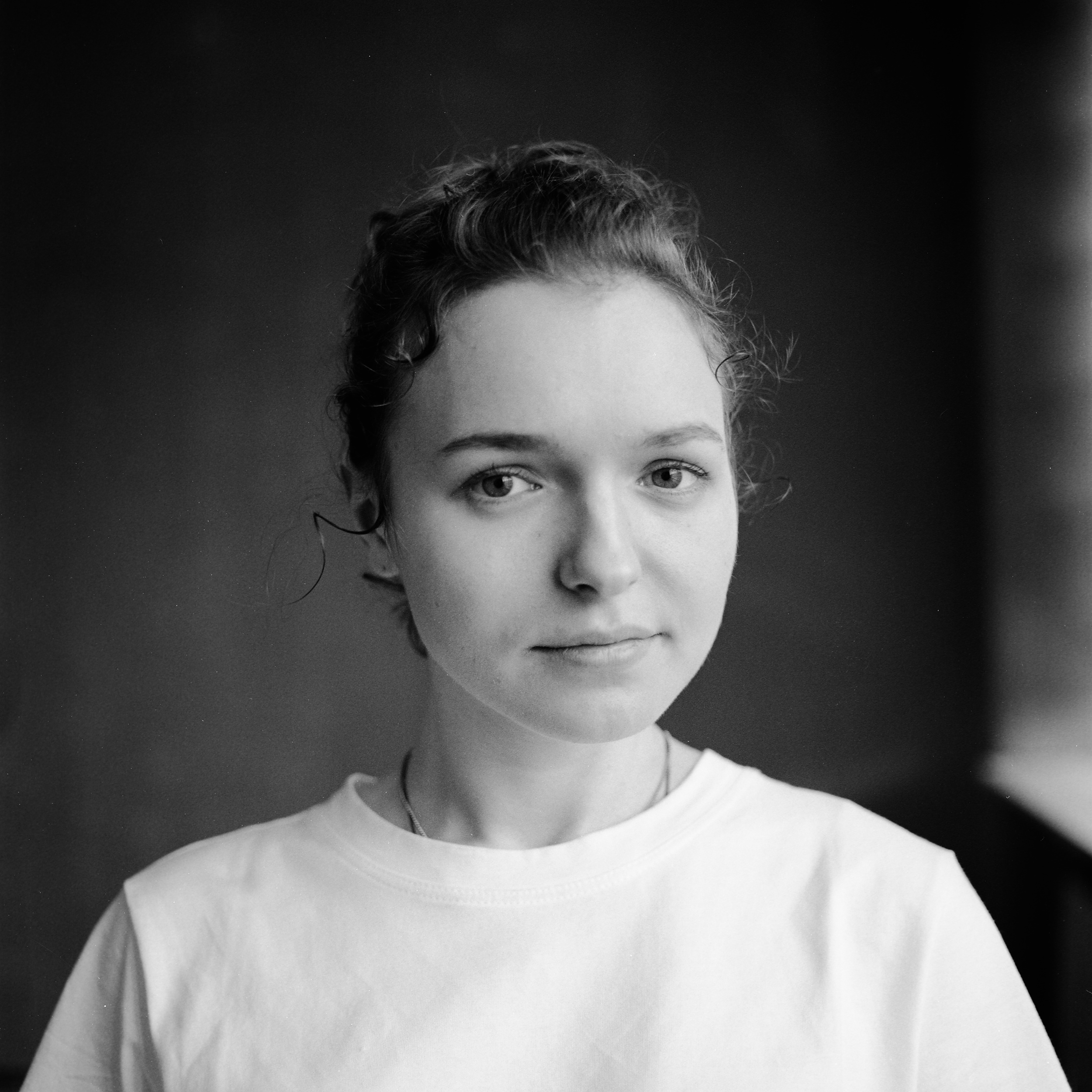
Nastya
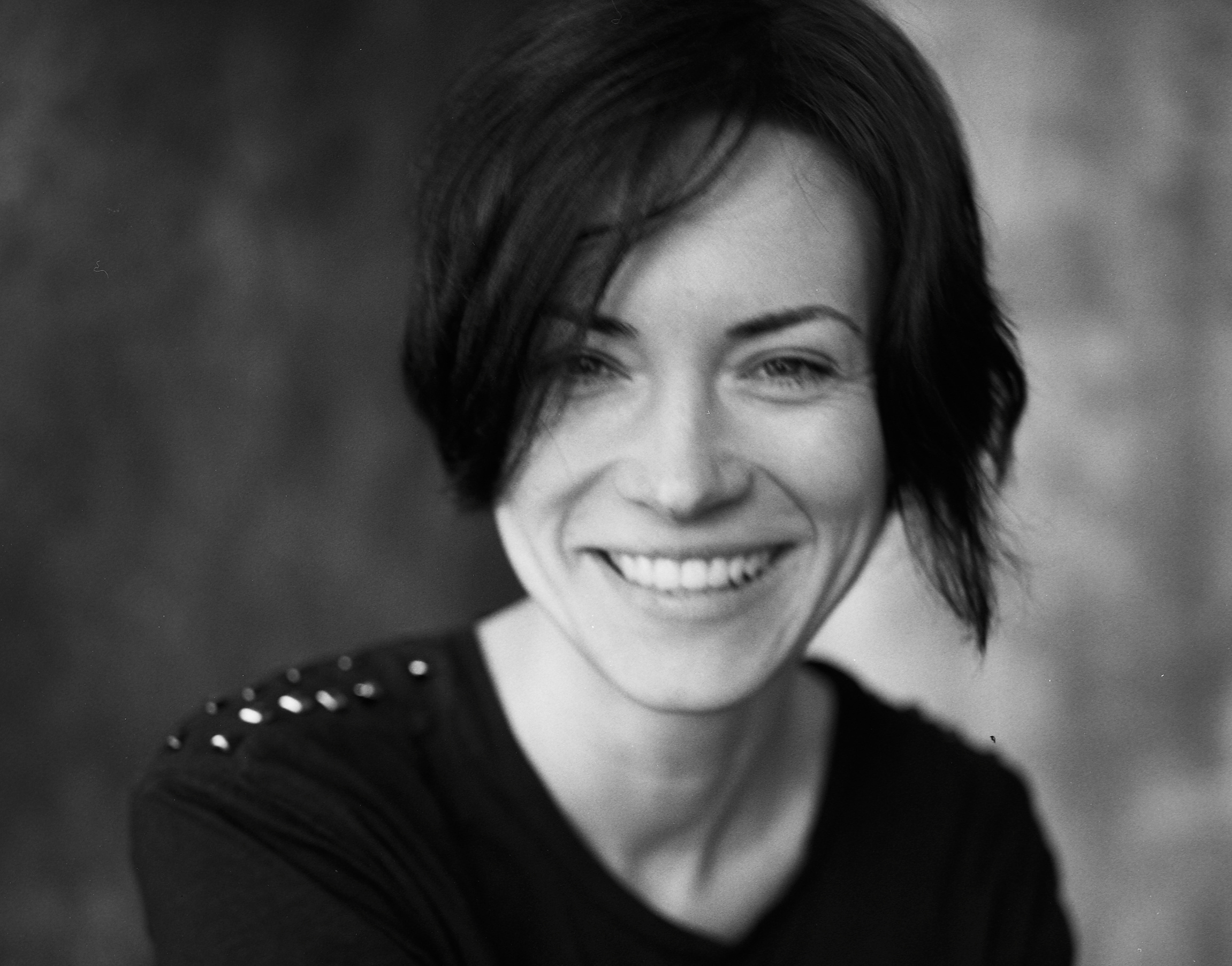
Maria
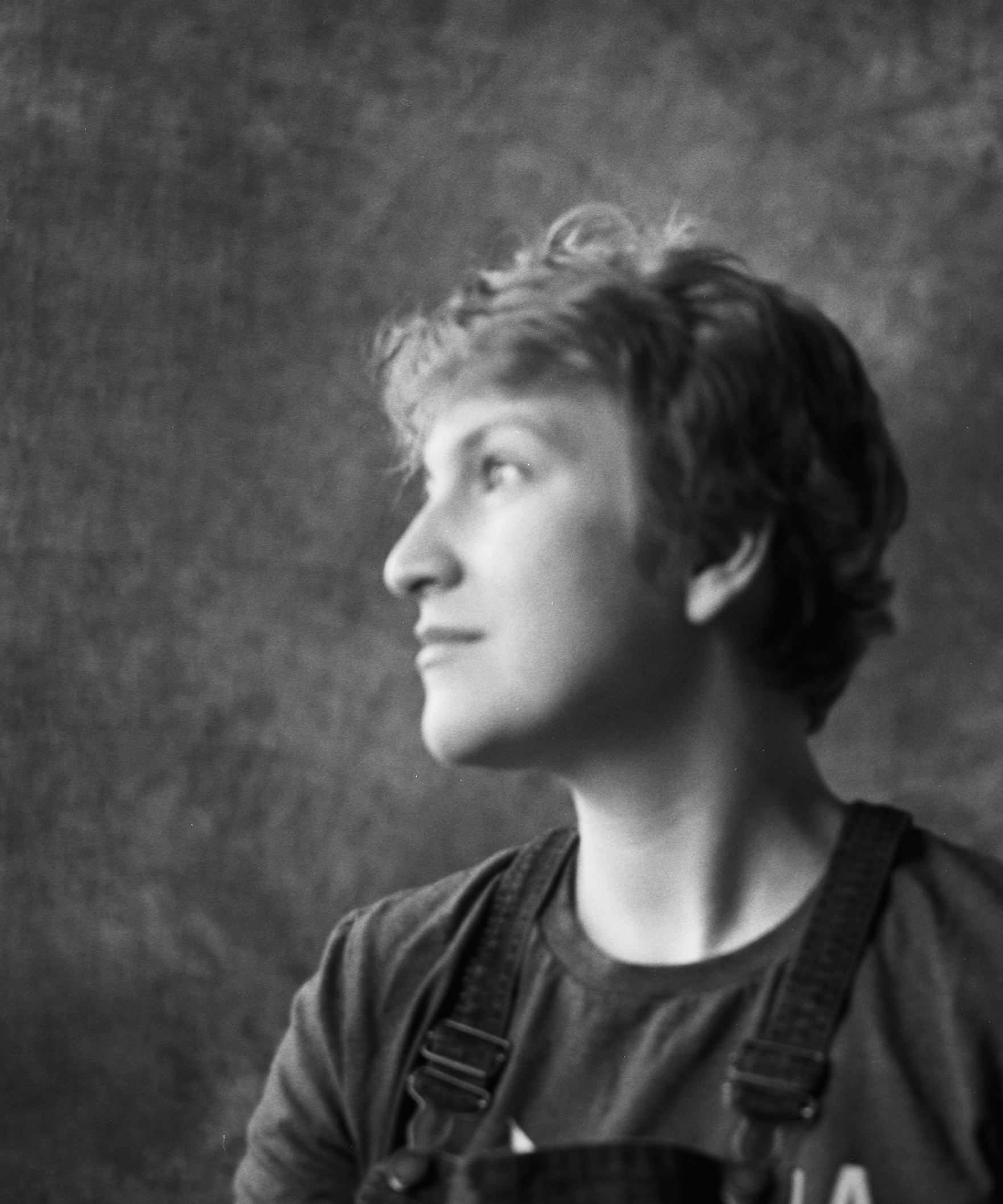
Елена
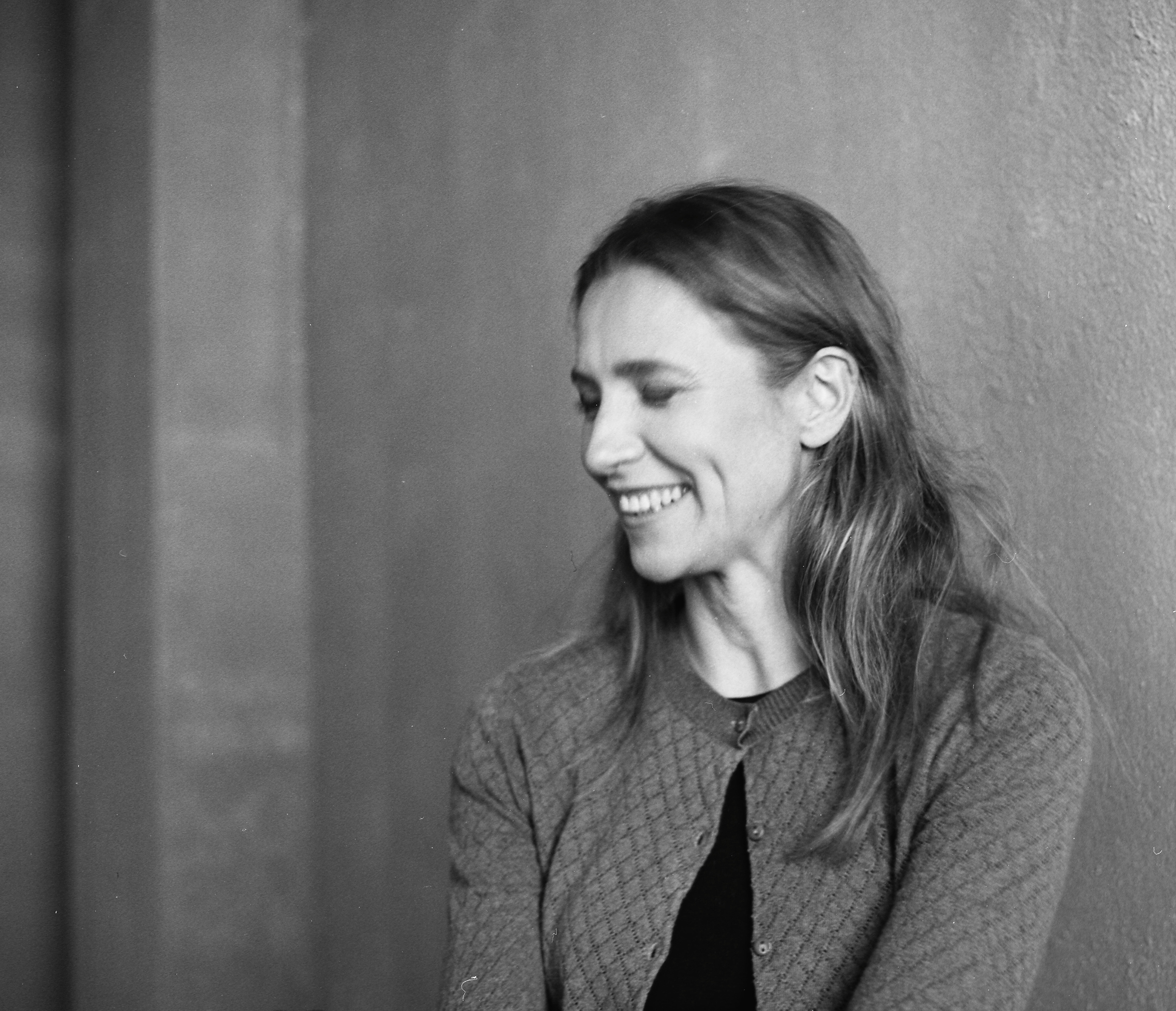
Инга

Евгений

Teet

Валентина

Kate

Dmitry

Диана

Pjotr


